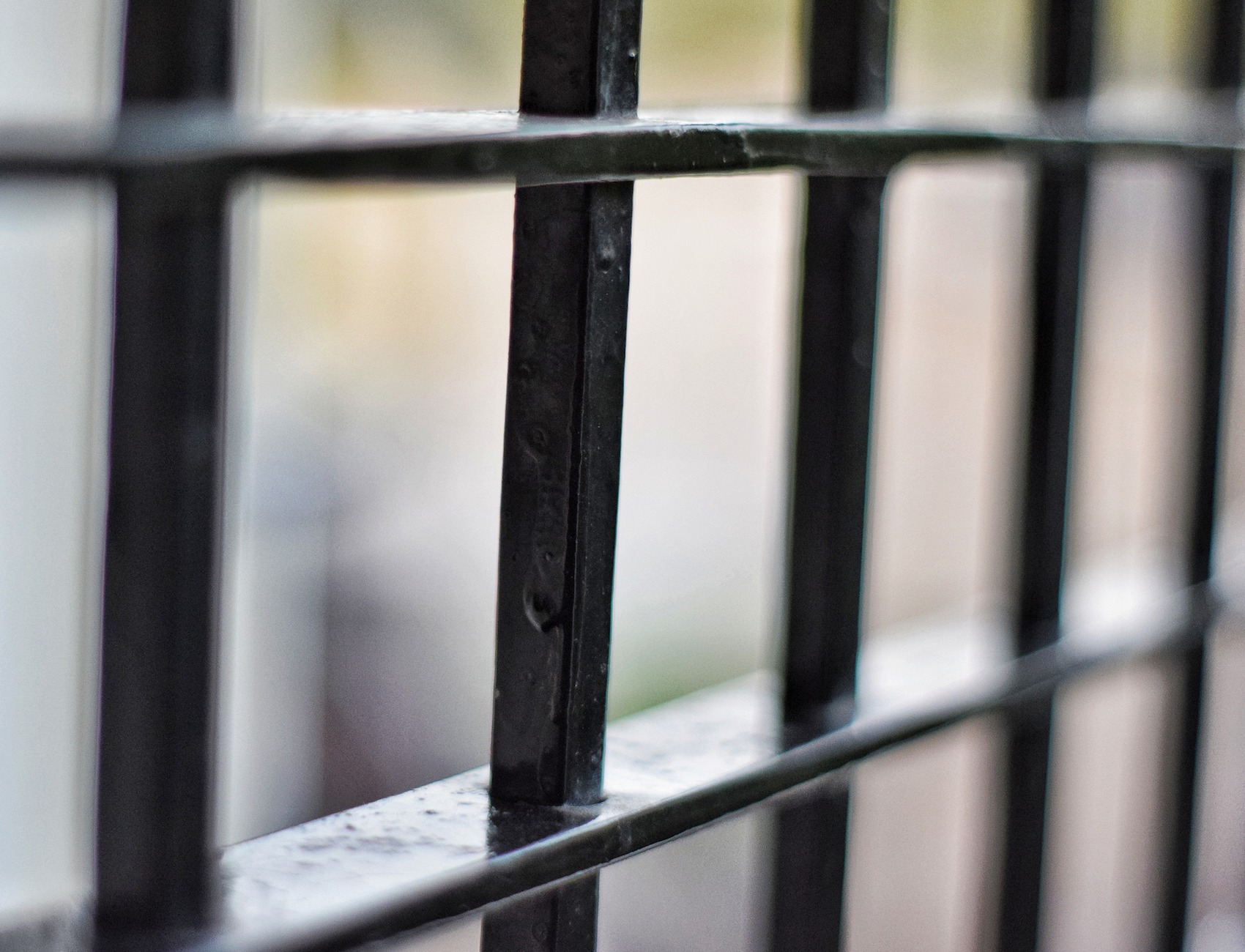First Two Coronavirus Cases Confirmed at California Prisons
The state Department of Corrections confirmed two staff cases of COVID-19. No prisoners have been confirmed to have the virus, the department said.

Two employees in California prisons have tested positive for COVID-19, the California Department of Corrections and Rehabilitation (CDCR) said on Friday. The two individuals, an employee at California State Prison, Sacramento, and San Quentin State Prison, are the first confirmed cases in California prisons.
Dana Simas, press secretary for CDCR, told The Appeal that the department has taken proactive steps “to protect those who live and work in our correctional facilities.”
Michael Bien, a San Francisco-based attorney representing plaintiffs in litigation against California’s prison system, told The Appeal that a CDCR employee informed him Friday that the San Quentin employee contracted the virus on a cruise and has not been inside the prison since. Simas told The Appeal CDCR would not discuss details of the cases.
According to CDCR, the department has been using “enhanced verbal screening protocols” for employees and other people who enter state prisons.
“If at any point it is determined there is a potential exposure to the incarcerated population, the Agency will restrict movement at the institution while a contact investigation is underway and quarantine those deemed at-risk for an observation period,” the department wrote in a publicly circulated document. The contact investigation entails interviewing the staff members who tested positive and determining where they have been and with whom they have had close contact, including prisoners, the document states.
To date, there are no confirmed cases of the virus among incarcerated people, according to CDCR. The department said that it is considering prioritizing testing for those incarcerated who are symptomatic and over the age of 65, or those with chronic medical conditions or who are immunocompromised.
“If we do have an incarcerated individual test positive, we will isolate and treat the patient and quarantine those who have been in close contact,” CDCR wrote.
Bien said that during a status conference in federal court Friday morning, Judge Kimberly J. Mueller in Sacramento addressed concerns about the coronavirus and how it might impact incarcerated people in California. Mueller established a task force with state officials and attorneys to meet daily to address coronavirus issues, Bien said.
“As I said in my pleading [Thursday] night and I said in court, the department needs to include reducing the CDCR population because it is so overcrowded and so understaffed right now, before the coronavirus came,” Bien said.
“The way to increase safety most rapidly and appropriately is to create some space so that there can be some distancing, so that there can be some isolation, so that there can be some quarantine,” he said. “It is literally impossible, in my mind, to do that in the current California prison system.”
Bien pointed to jails, including Santa Rita jail Alameda County, that have begun to release incarcerated people as the virus spreads.
“Prison systems have exactly the same risks and exactly the same need to reduce their density,” he said. “There are tremendous numbers of people in the prison system who are safe and appropriate for release.”
Earlier this week, an investigator with the New York Department of Corrections died after testing positive for COVID-19. Employees of state and federal prisons and jails in Indiana, Pennsylvania, Michigan, New York, California, New Hampshire, Georgia, New Jersey, and Alabama have also contracted the virus.
On Monday, a person incarcerated at Nassau County Correctional Facility in New York tested positive for COVID-19, and on Wednesday, a prisoner at Rikers Island jail complex in New York City also tested positive for the virus.
